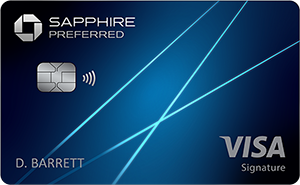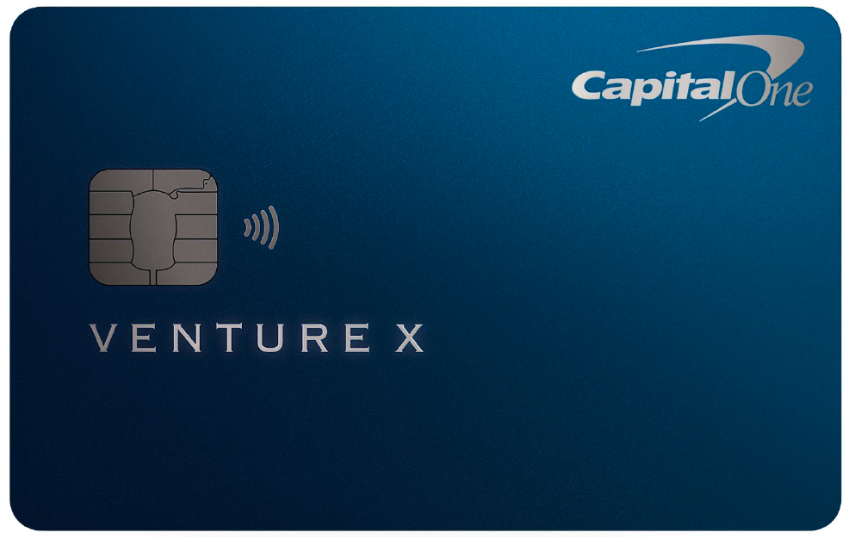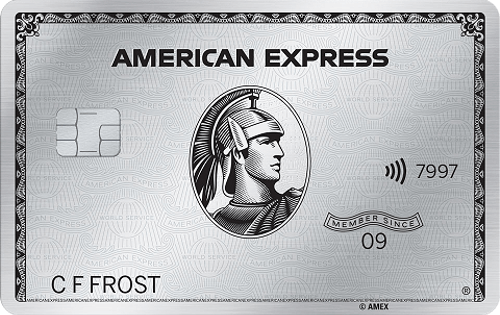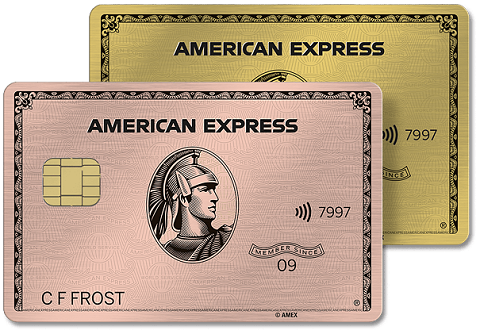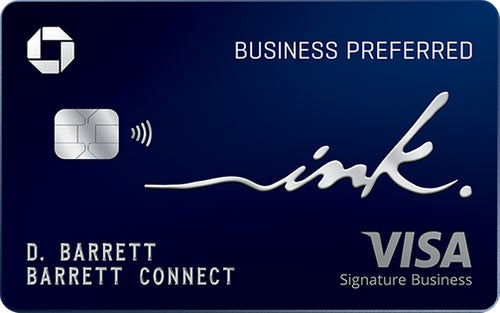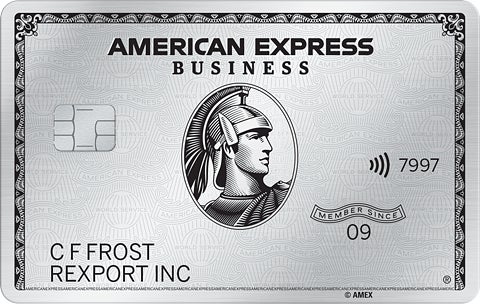Christine Krzyszton
Christine Krzyszton
Senior Finance Contributor
353 Published Articles
Countries Visited: 100U.S. States Visited: 45
Christine ran her own business developing and managing insurance and financial services offices. This stoked a passion for points and miles and she now has over 2 dozen credit cards and creates in-dep...
Edited by: Keri Stooksbury
Keri Stooksbury
Editor-in-Chief
70 Published Articles 3693 Edited Articles
Countries Visited: 54U.S. States Visited: 28
Editing with Upgraded Points for over 6 years, as editor-in-chief, Keri manages the editorial calendar and oversees the efforts of the editing team and over 20 content contributors, reviewing thousand...
& Stella Shon
Stella Shon
Senior Features Editor
217 Published Articles 1021 Edited Articles
Countries Visited: 30U.S. States Visited: 32
With a degree in media and journalism, Stella has been in the points and miles game for more than 6 years. She most recently worked as a Corporate Communications Analyst for JetBlue. Find her work in ...
![The 10 Best Credit Cards for Car Rental Insurance Coverage [2025]](https://upgradedpoints.com/wp-content/uploads/2024/07/Car-Rental-and-Shuttle-Signage-Upgraded-Points-LLC-2.jpg?auto=webp&disable=upscale&width=1200)
